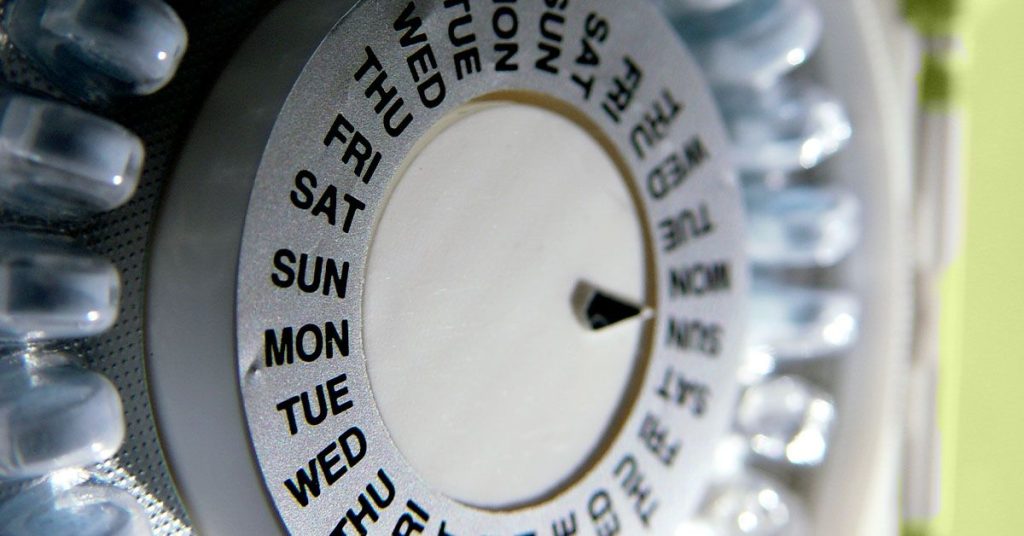A recent study presented at the Endocrine Society’s annual meeting in Boston, M.A. has found that rats given synthetic estrogens used in birth control pills exhibited greater signs of anxiety than those given natural estrogens. The study showed that synthetic estrogens were associated with higher sex hormone-binding globulin and lower steroid hormone levels when compared to natural ones. The natural estrogen used in the study was the NOMAC-E2 Combined Oral Contraceptive, known as Zoely, while the synthetic estrogen used in most combined hormonal contraceptive pills is ethinyl estradiol. Researchers have been searching for a natural estrogen to use in combined hormonal contraceptive pills for 60 years, but none had been potent enough until Zoely was introduced in 2011.
A group of female rats were divided into three groups and given either ethinyl estradiol, estradiol valerate, or a control for 28 days. The researchers tested the rats’ spatial awareness and anxiety using a maze test, and collected serum samples on day 28. The results showed that both types of estrogen reduced circulating testosterone and progesterone, with more than half of the rats given ethinyl estradiol having estradiol levels below the limit of detection. The authors propose that the results are due to the effect of synthetic estrogens on the brain, affecting the availability of steroid hormones. Supervisor Dr. Alesia Prakapenka emphasized the importance of studying the behavioral effects of hormonal contraception, as well as the potential impact on the feedback loop between the hypothalamus, pituitary, and gonads.
While it is possible that combined hormonal contraception could have an effect on the brain and therefore behavior, Professor Jonathan Schaffir of the Ohio State University College of Medicine, who was not involved in the research, notes that the influence of oral contraceptives on mood is usually small in humans. He emphasizes the importance of examining the components of medications, such as choosing those with the fewest side effects and best physiologic response, and striving to create new medications with better responses and fewer side effects. The study’s findings suggest that synthetic estrogens used in birth control pills may be associated with increased anxiety-like behaviors in rats due to their effects on hormone-binding globulin and steroid hormone levels.
The research conducted by PhD candidate Abigail Hegwood and her team aims to shed light on the differences in behavioral side effects between natural and synthetic estrogens used in combined hormonal contraceptive pills. The study found that rats given the synthetic estrogen ethinyl estradiol exhibited greater signs of anxiety compared to those given estradiol valerate. The results suggest that the synthetic estrogen may have a greater impact on the availability of steroid hormones in the blood, affecting their actions on the body, including the brain. The study highlights the potential differences in formulations of hormonal contraceptives and the importance of considering individual changes that women may experience across their lifespan.
Dr. Prakapenka believes that bringing attention to the behavioral effects of hormonal contraception is crucial for informing women about their birth control options and how they may affect their overall health. She emphasizes the need to tailor birth control options to individual women based on their unique needs and potential side effects. While the study focused on rats and their behavioral responses to different types of estrogen, the researchers hope to expand their research to include more appropriate measures of mood and behavior in humans. By understanding the effects of different hormonal contraceptives on behavior and overall health, researchers and healthcare providers can offer more personalized and effective birth control options to women.


